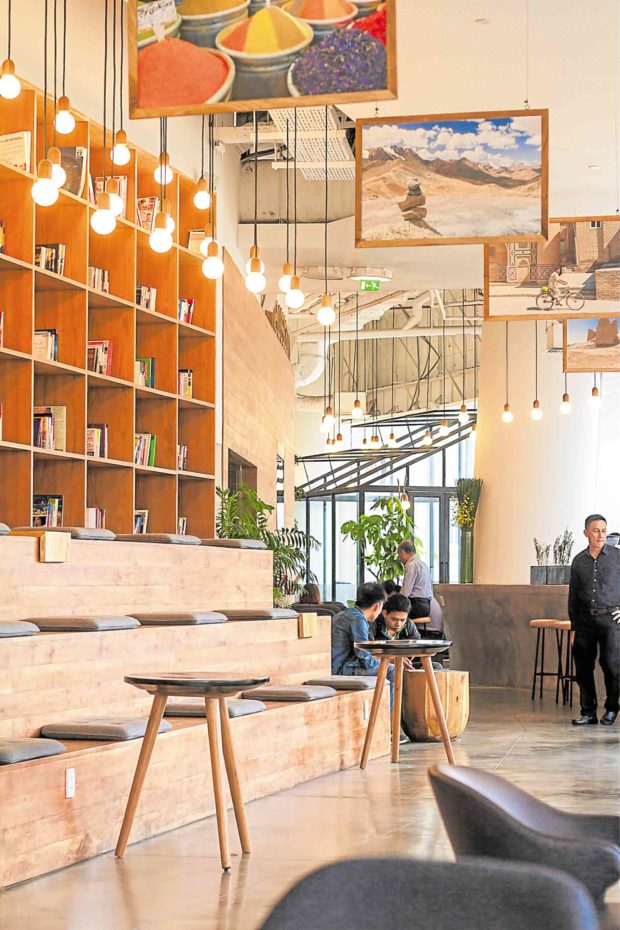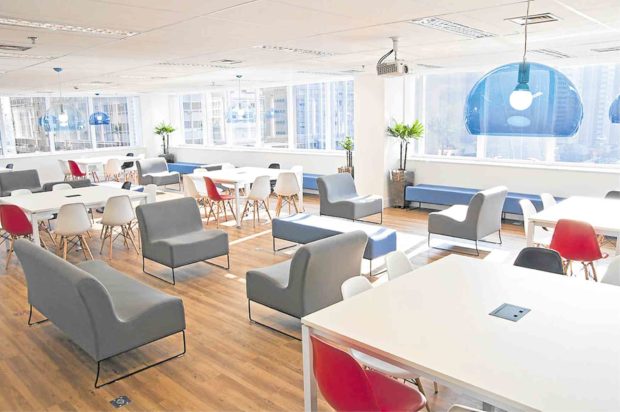When sharing becomes the future
In our younger years, most of us were encouraged to share our possessions with others.
From toys to food, our items seem to multiply when shared with others. This is a positive practice that most of us continued to observe even in adulthood. The good news is that this just might be the key to solve many of our city’s problems.
Today, people learned to share more than the little stuff. Living areas and work spaces are now shared, especially in the cities. These co-working and co-living spaces allow us to save and socialize at the same time. Beyond these immediate benefits, shared facilities also bring gains to communities and the environment. Here are some reasons why sharing could be the future of life in the city.
History
The idea of living with others is not a new concept. Even in pre-historic times, many people lived in groups to strengthen their chances of survival in the wild. When communities began to settle, people craved to build their own houses for privacy and security. With the continued rise of land and population, however, our cities today have become too expensive to cater to stand-alone homes.
Thus, condominiums, apartments and townhomes were developed to accommodate modern needs. While many of these buildings still offer private bedrooms, they also provide shared areas like the kitchen, garden, and the entrance foyer.
The idea of sharing work spaces was just implemented at the turn of this century. A software engineer named Brad Neuberg is credited to have built the first co-working space in San Francisco. While flexible desks were available in 1995, it was only a decade later that a shared office with a community setup was offered in the Spiral Muse of San Francisco.
Today, shared living and working spaces can be found almost everywhere, from a verdant beachside in Panama to an eco-friendly container office in Copenhagen.
Benefits
While shared spaces are not meant for everyone, they are gaining popularity nowadays for a number of reasons.
For one, these spaces offer awesome environments for a fraction of their usual price. Shared spaces allow people to reduce their expenses while living and working.
On one hand, co-living areas can help young families and new professionals build their lives in the city. On the other, the co-working spaces could provide an affordable place for freelancers and entrepreneurs to start their businesses.
Economically, shared spaces have a positive impact on communities. For living areas, they make homes more sustainable. Just by sharing a home, families churn out less trash, consume less energy and produce a reduced carbon footprint.
This allows them to save on resources and contribute to the well-being of the environment.

Sharing work spaces broaden your network (above). Co-working spaces such as this in Campus Fiap Paulista (right) provide shared office facilities.
While this also applies to shared office spaces, the benefit for workers is mostly felt in terms of economic gains.
With co-working spaces offering communal printers, meeting rooms, and even receptionists, budding businessmen no longer need to worry about the little details. This allows them to focus on their actual work in the process, increasing their chances of success. It gives small to medium enterprises a fighting chance, most especially in cities which are run by tycoons and large corporations.
For both the co-working and co-living spaces, socialization is encouraged. Even at home or at work, people are often provided opportunities to meet others. This allows them to expand their network, build new friendships, and create shared experiences in the process.
Future
Since their introduction to society, co-working and co-living spaces have been met with astounding success.
While there are still those who prefer the traditional homes and offices, the fact is that many are becoming more flexible when it comes to their everyday spaces. Instilled with a child-like capacity to share, people today are learning that they can get a better quality of life just by splitting expenses and resources with others.
Nowadays, sharing can go a long way. While you can still choose to have your personal spaces, it is comforting to think that you have other options if you want to save a little money or meet new people.
Through co-working and co-living spaces, we are now enabled to share responsibilities with others and help the environment in the process. By sharing, we can revitalize our cities and make the world a friendlier place to live in.
Sources:
coworkingresources.org
thinkphi.com
deskmag.com
Nguyen Nguyen, Afta Putta Gunawan, CoWomen from Pexels.com



